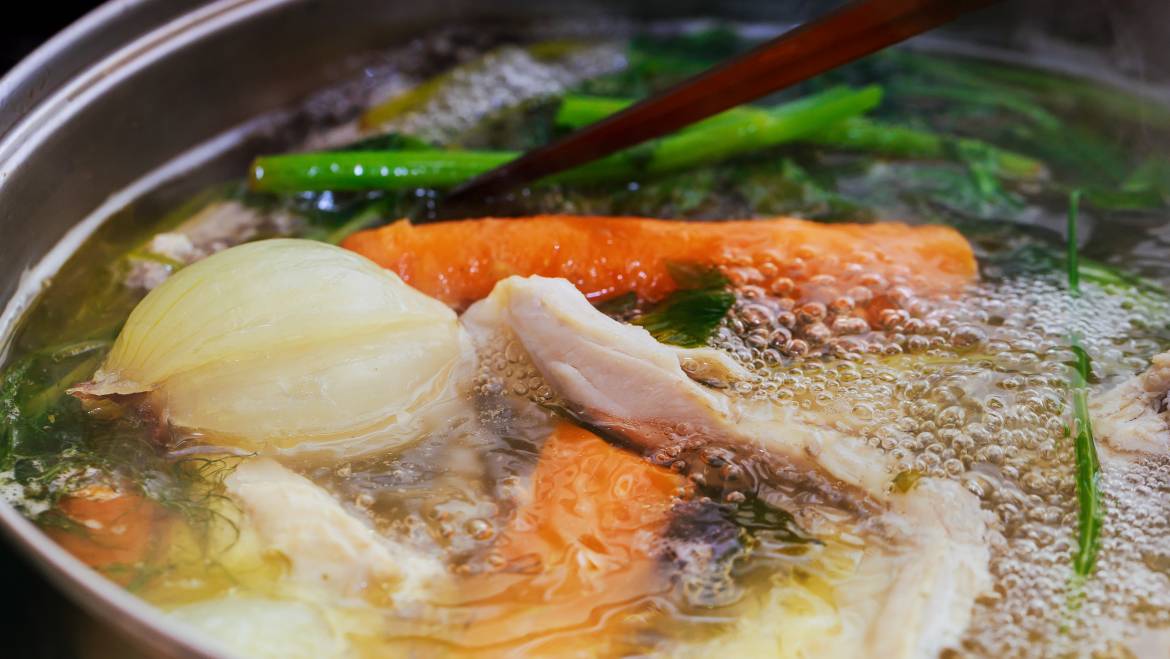Foods That Help Boost Your Immune System
If you’re feeling a cold coming on, most likely you reach for something full of vitamin C, which has a reputation for being a feel-good nutrients. When it comes to the body, vitamin C acts as an antioxidant, which means it defends cells from free-radical damage. Eating foods full of vitamin C helps the body better absorb iron, something that is critical to maintain normal immune-system function. And although foods high in vitamin C won’t stop your cold or flu symptoms, eating them often may help you avoid getting as we get deeper into the colder season. Foods can help fight infection and strengthen the immune response in many ways.
- Jalapeno peppers: Unlike what most people believe, jalapenos’ burning heat comes from the pith and ribs of the pepper, not the seeds. They contain capsaicin, a chemical compound that contains fiery heat, is concentrated in the inner white pith or rib of the chili pepper., which is something of an all-star in the nutrition world. Capsaicin is anti-inflammatory and might calm arthritis symptoms. There is also research that claims it can also keep your metabolism up.
- Lemons: Most citrus foods are full of not only vitamin C, but other vitamins and nutrients, including potassium, thiamin, and other lesser known nutrients. Citrus bioflavonoids are one of those lesser-known nutrients and they are certainly worth knowing about for their health-promoting benefits. Bioflavonoids kill cancer-causing free radicals and adding lemon juice to your meals is an easy way to protect yourself during colder weather.
- Apples: People who regularly eat apples report fewer asthma symptoms, according to research (which is due to a flavonoid called khellin that may open airways). Apples are high in fiber, which can help lessen the inflammation common during infections. They are a superfood when it comes to satiety, or he satisfied feeling of being full after eating.
- Chicken Soup: Yes, your grandma was right. Chicken soup, a mixture of hydrating broth, medicinal herbs, fiber, protein and antioxidants makes the meal extremely beneficial to you when you’re under the weather. The warm broth thins nasal mucus, which helps it clear easily.
- Garlic: In garlic, the strong aroma comes from sulfur compounds, including allicin. Research suggests that allicin may block enzymes that come with infections and some studies believe that swallowing garlic can defend your body against colds (though adding it to foods or taking a pill would probably be easier). Garlic intake is linked to lowering the risk of stomach, colon and esophagus cancers.
- Grapefruit: Eating half of a grapefruit will give your 60% of your daily vitamin C recommended intake. It also helps the body absorb other essential nutrients, including iron. They are high in fiber and low in calories, and also contain bioflavonoids and other plant chemicals known to help protect the body against serious diseases, including cancer, heart disease, and the development of tumors. Grapefruit can increase the body’s metabolic rate, lower insulin levels, and give you a sensation of fullness.
- Ginger: Ginger, know to be suggested to treat nausea, is possesses both antioxidants and anti-inflammatory properties. A recent review of 60 studies found that ginger might have useful effects on obesity, heart disease, and diabetes. Ginger contains immune-system-supporting compounds like beta-carotene and capsaicin. Ginger has been used as dietary spice and in traditional oriented medicine.
- Sage: Sage can be made into tea and has been used as an ancient remedy for sore throats, cough and colds. A Swiss study found that using sage with other herbs like echinacea can help relieve throat irritation. Sage is often used for various digestive problems, including loss of appetite, farts, diarrhea, bloating, and even indigestion.
- Chamomile Tea: Dried chamomile flowers have been used for hundreds of years as a tea, and there is research that suggests that the tea helps with upset stomachs. The flowers contain compounds called flavonoids, which may help decrease inflammation and pain. A 2010 study found that drinking chamomile tea for a month could help reduce the discomfort of menstrual cramps.
- Fennel: Sometimes, it is inevitable that you’re going to get a cold and when you do, a little fennel can be your best friend. This licorice-flavored vegetable contains compounds that can help relieve chest mucus and calm a sore throat. It is a great source of potassium, which is essential to regulating fluid balance in the body, which helps you stay hydrated.
- Cranberries: There have been many debates about whether cranberries can help prevent or treat urinary tract infections. Though, recent studies suggest cranberries may not be able to lower the number of bacteria in women’s urine. The nutrients inside of these berries may support immune-system health and help curb the danger of heart disease.



